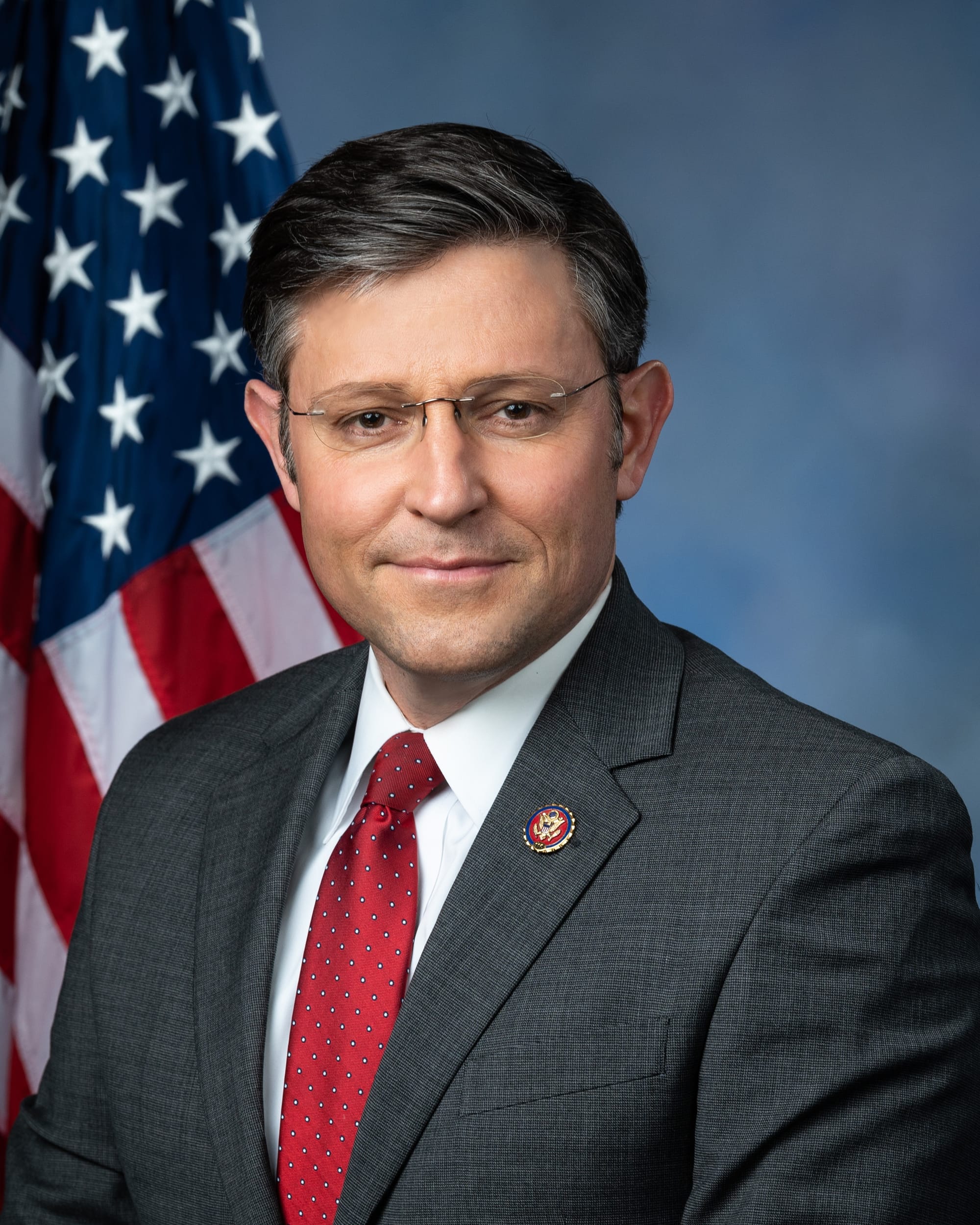Mike Johnson changed his mind
It looks like the US aid package to Ukraine is finally going through. Over the weekend, the House of Representatives approved a bill with no less than $61 billion in aid to Ukraine, and it looks like the bill will be approved in the Senate within the coming days and signed by Pres. Biden immediately afterwards.
It is always dangerous to proclaim that something is a decisive moment in a war, because it is very difficult to identify such moments. Usually it is only in hindsight possible to have these discussions, and indeed the decisive moments can often seem mundane as they happen. Yet still, there is a feeling that this might be one such moment. As I said in a recent video on YouTube, it did not look like the Russians were expecting this aid package to ever go through. They seemed to be betting on the Ukrainian shell hunger to continue, so the current level of effort would be sufficient for them to lead to victory.
The size and the time horizon for this aid package fundamentally change the calculations. This aid package alone will ensure that Ukraine is well-equipped at least into 2025, but even more importantly it ensures American commitment to Ukraine’s fight until the other side of the presidential election in November. While future US support is far from guaranteed, it does now seem more likely than not that US support will continue in the coming years. I will probably make a video later in the week where I look at the long-term perspectives, now that the aid package has been approved, but here I want to share a few reflections about the process that has led up to this.
Solving a self-imposed problem
This aid package comes at a critical time, and it solves a huge problem for the Ukrainians. They have managed to hold the front line fairly well against the Russian offensive despite a huge asymmetry in the available firepower. However, the shell hunger was getting worse by the day, and without immediate support the Ukrainians would face an extremely difficult fight in the second half of the year.
But it’s important to remember that the problem that the US aid package now solves is also a problem that the United States has created itself. The shell hunger was a result of the United States withdrawing support unexpectedly at a time when Ukraine was just coming out of a summer offensive that the United States had encouraged them to embark on. If Ukraine had known that the United States would stop sending supplies, they would never have launched the summer offensive. This American failure to resupply the Ukrainians, combined with a European inability to deliver on their promises of military equipment, meant that Russia had good conditions for their winter offensive.
Not back to business as usual
It is difficult to tell why House Speaker Mike Johnson changed his mind and decided to support the Ukraine aid package. According to himself, he received some important intelligence briefings that made it clear for him what the consequences of inaction could be, and he therefore decided to step up and take responsibility in this historical moment. Others will say that Johnson is a political opportunist who realized that it was impossible to stall the aid package any longer.

Either way, the important thing is that we do not underestimate the significance of these events. Since World War II there has been a political consensus in the United States that matters of national security and foreign politics were at least mostly excluded from the daily infighting in Washington, and that these were not topics for election politics. That precedent has now been broken. The process about the Ukraine aid package has demonstrated that today’s politicians in Washington are willing to take questions of foreign policy and national security as hostages to further their own political careers or unrelated domestic agendas.
This is dramatic, and it is historic. For the first time since 1941, the United States has demonstrated that they are not fully committed to European security. It has been clear the whole time that a majority in Congress would vote in favor of continued support for Ukraine, yet due to a dysfunctional political climate and weird political procedures in the two chambers of Congress it was impossible for the American politicians to make a decision. For a while, it looked like America was about to abandon Europe in the midst of the largest war on the continent since World War II.
This should be remembered, and it must be a wake-up call for the European politicians. It now looks like the United States will remain committed to European security until the war in Ukraine is over. That is a good thing, because it gives the European countries a longer time period for the transition, and it improves the chances that new security structures can be in place before the old ones disappear. But let’s not assume that it is now business as usual in European security. The lesson has to be that even if a majority of Americans are in favor of transatlantic security cooperation, that does not mean that the necessary decisions will be made in Washington when a war breaks out in Europe.